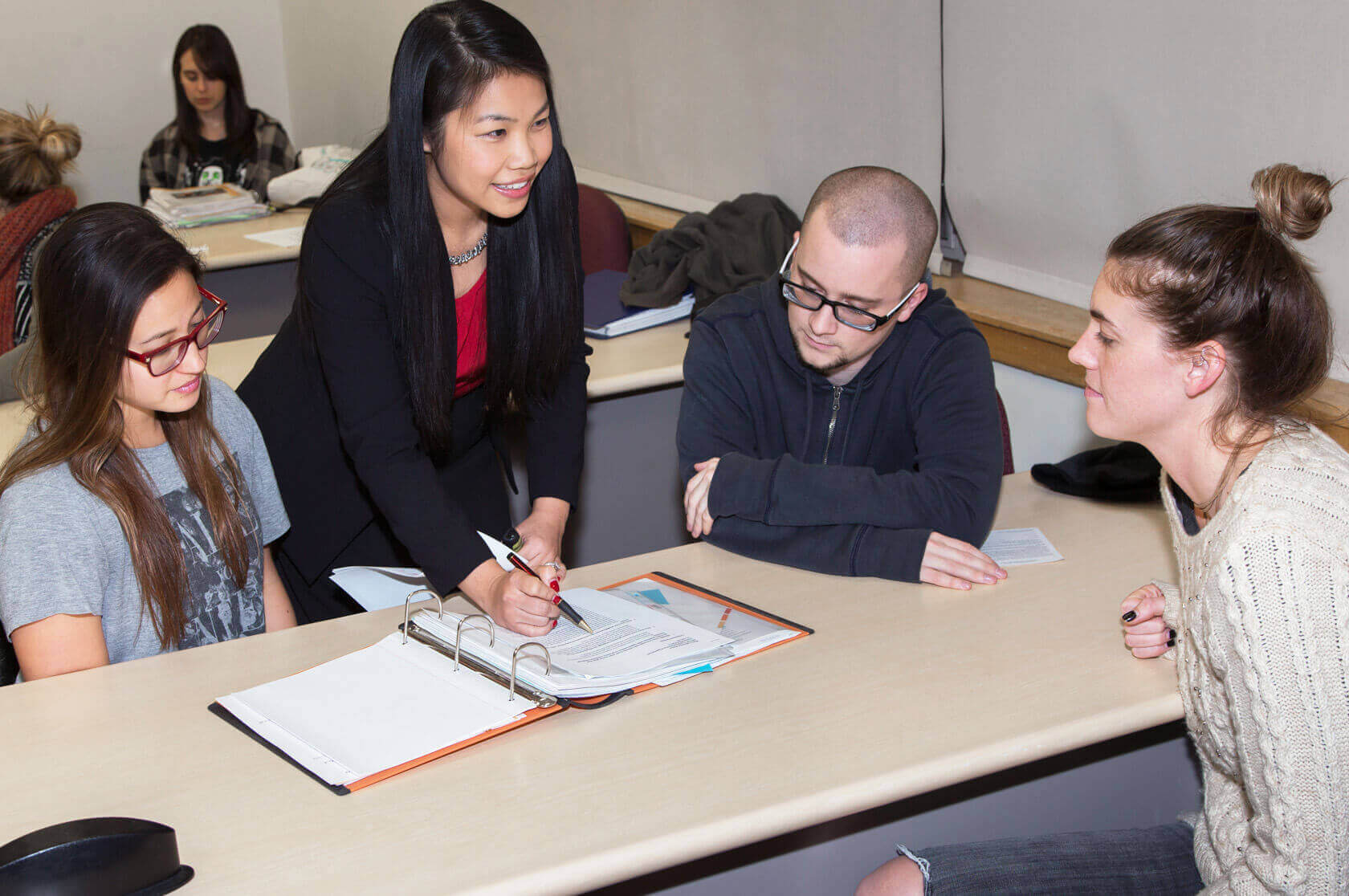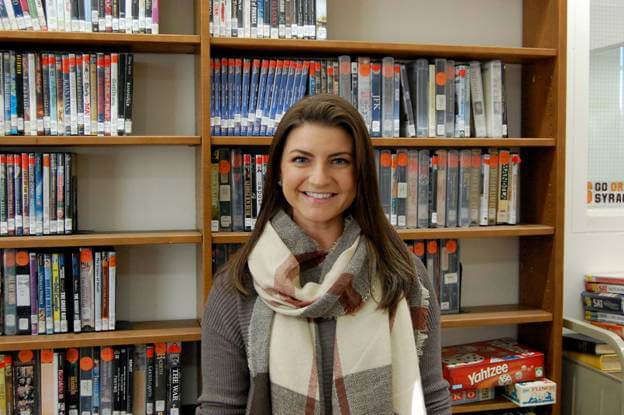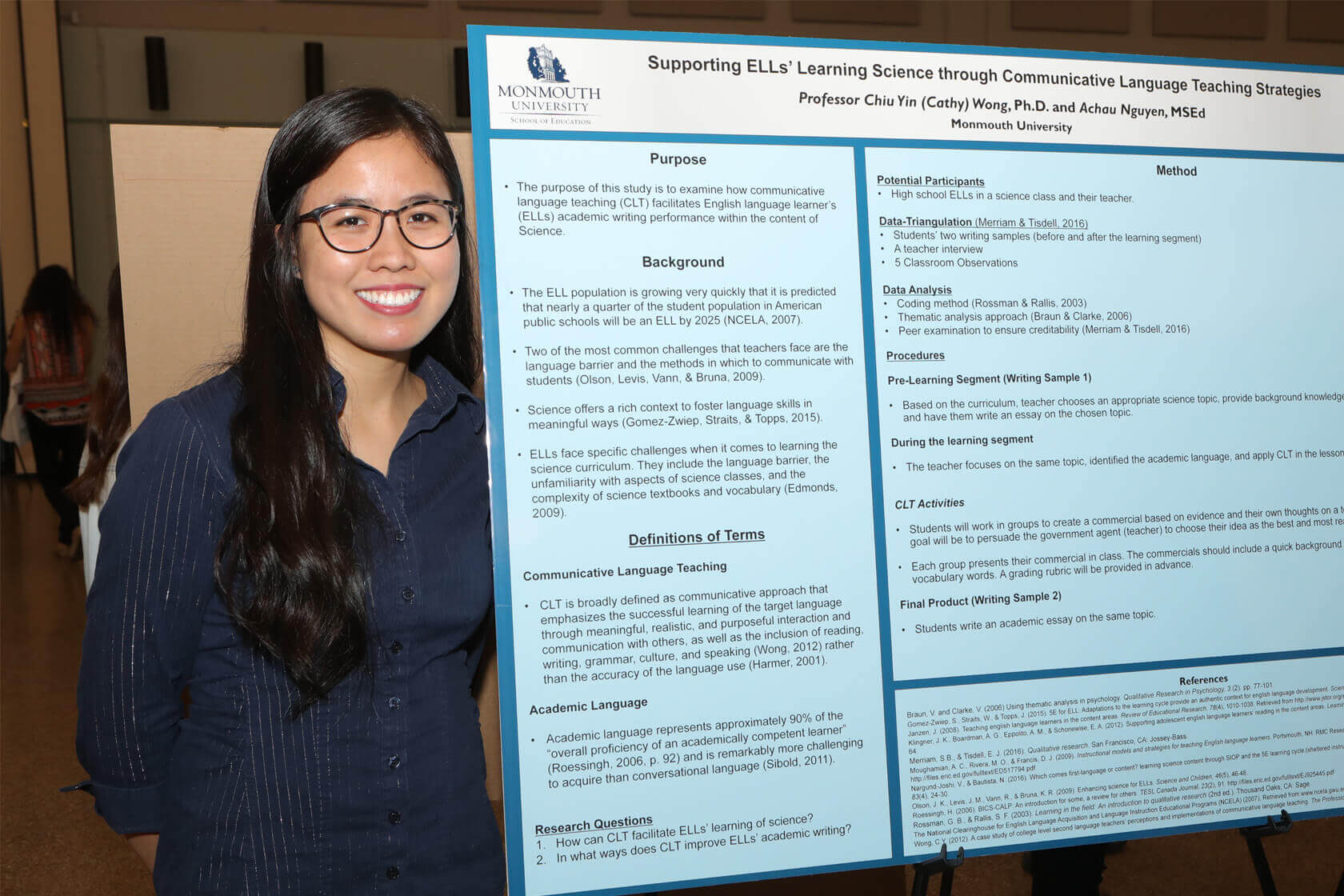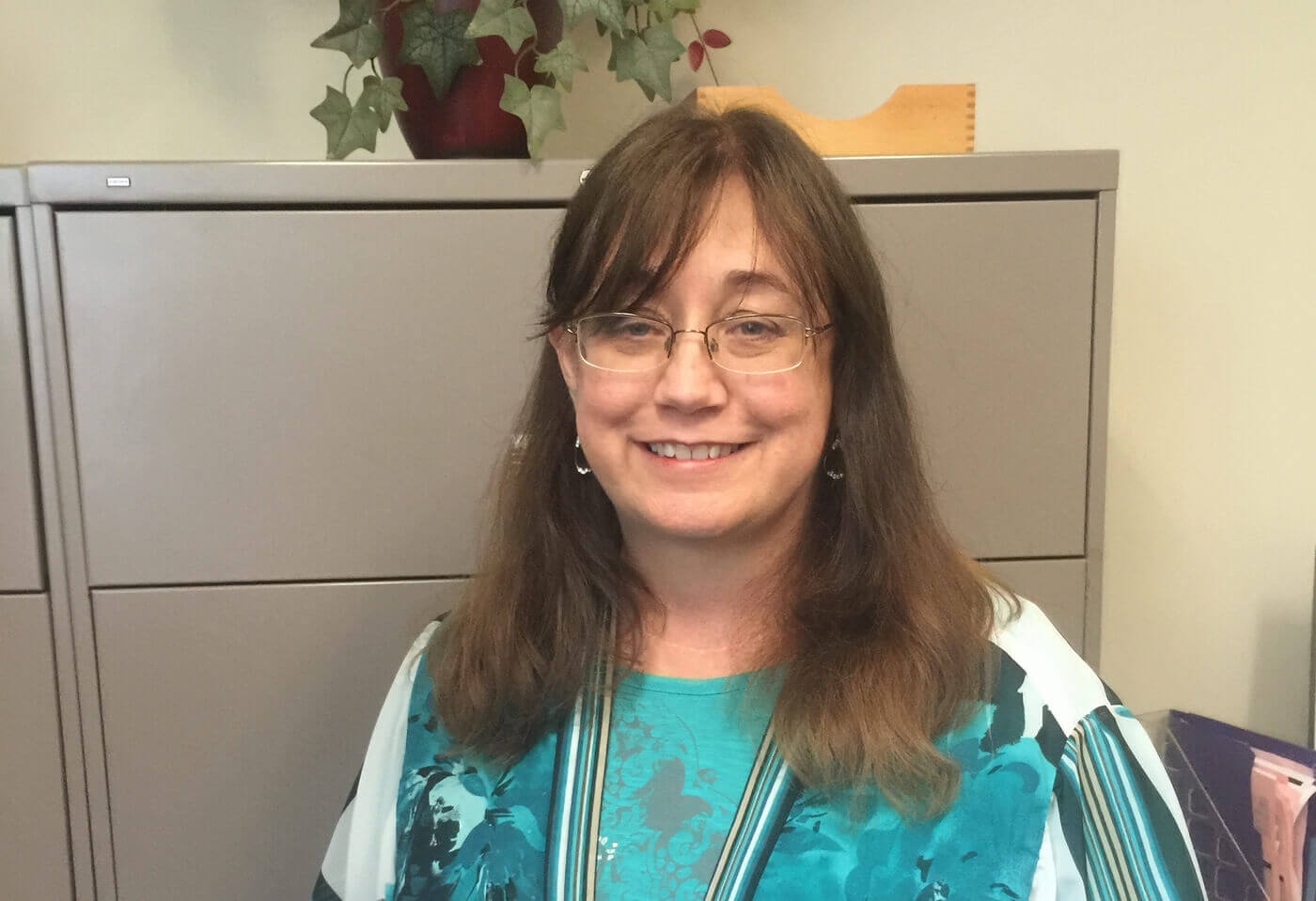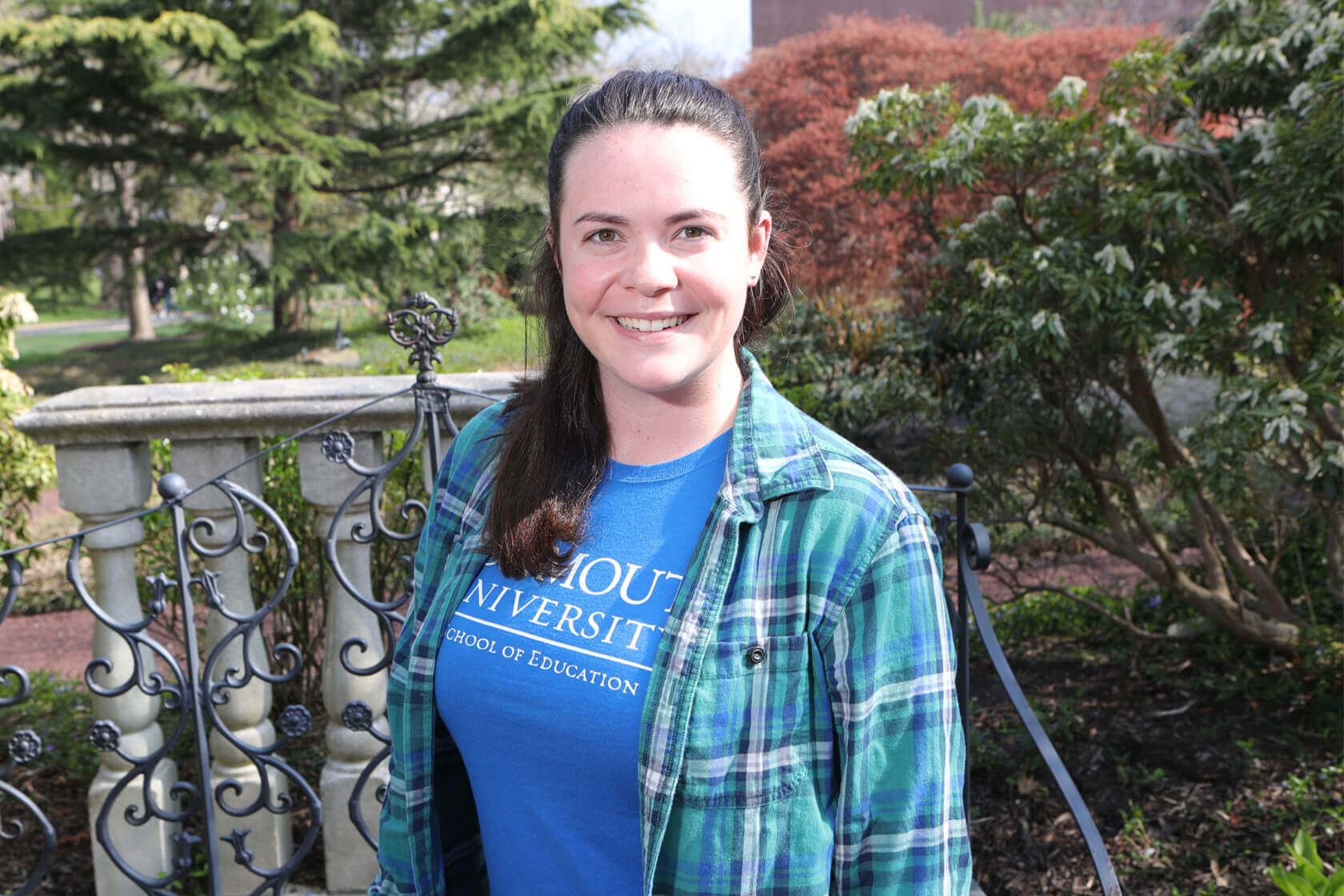English as a Second Language Endorsements
Monmouth’s online graduate ESL endorsements teach you various second-language acquisition theories and methods of instruction, including Communicative Language Teaching. With that understanding of how people acquire language, you will be able to discern the best teaching methods for various situations, as well as to develop a sound curricula and resources to help students achieve their learning goals. Programs include:
- English as a Second Language Endorsement (ESL) – for certified teachers
- Teaching English to Speakers of Other Languages (TESOL) certification – for non-certified teachers
- Bilingual/Bicultural endorsement
Monmouth University’s English as a Second Language (ESL) endorsements help you enhance your education and marketability through rich fieldwork and clinical experiences. Courses are taught by our distinguished faculty in online and hybrid formats. You may also choose to apply credits in our ESL endorsement program toward our full 30-credit Master in Education.
After completing the 15-credit ESL endorsement, a student can add five classes, or 15 credits, to fulfill the MEd degree requirement.
Application deadlines for this program are May 1 for Summer, July 15 for Fall, and December 1 for Spring. View Program Application Requirements..
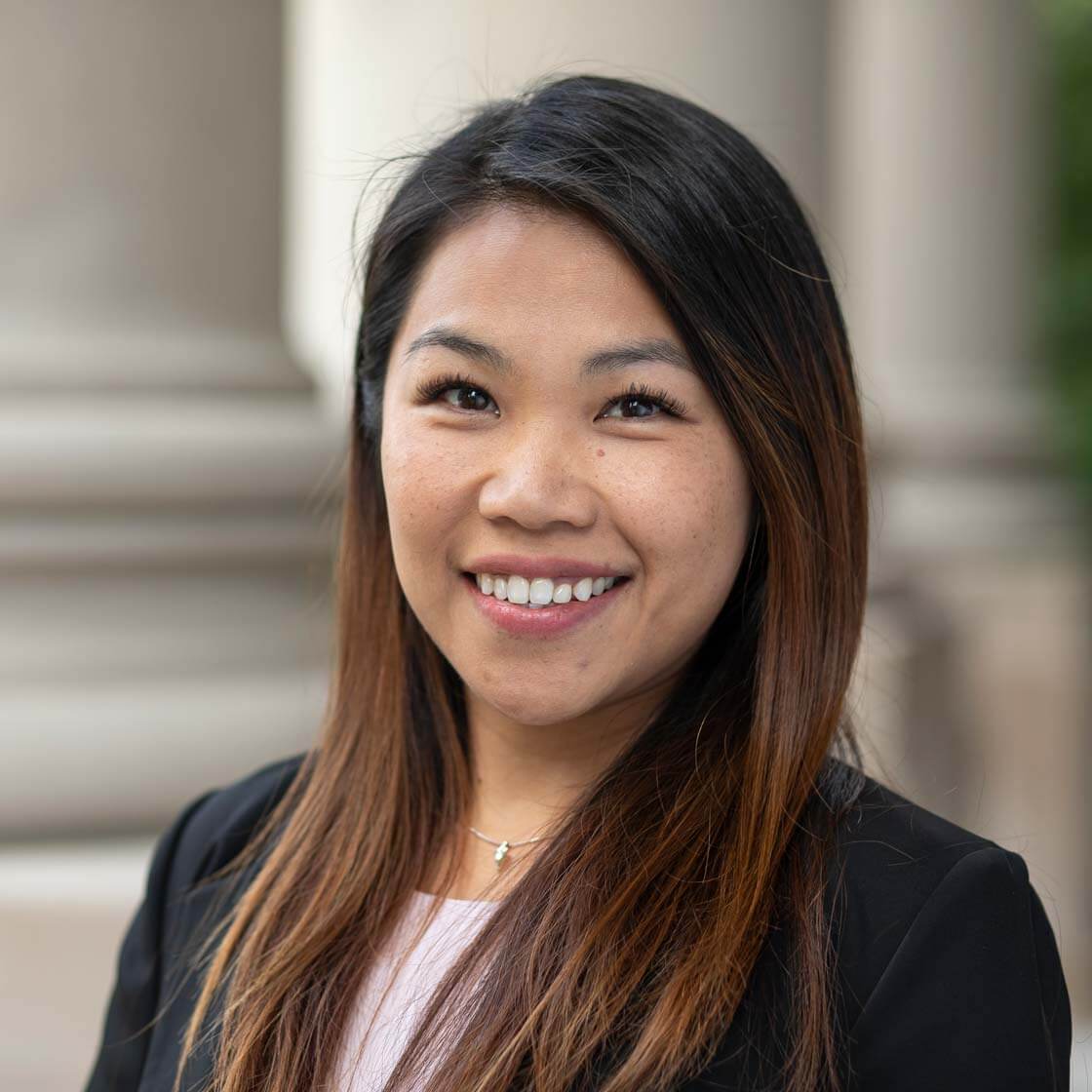
Endorsements & Certificate Detail
Monmouth offers three endorsements and one certificate to enhance your education in various aspects of English as a Second Language.
English as Second Language (ESL) (15 Credits)
The ESL 15-credit endorsement program is designed for both the students who apply directly to MAT programs at Monmouth University and certified teaching practitioners who intend to seek such an endorsement as a stand-alone program. The program prepares teachers for both school or community-based ESL programs and K-12 classrooms with mainstreamed ESL students, and addresses both the NJ State requirement for ESL endorsement and the TESOL/NCATE Program Standards.
To earn this endorsement, you must be a certified teacher or hold a NJ Certificate of Eligibility (CE) ESL, and be employed in an ESL position requiring certification.
Teaching English to Speakers of Other Languages Certificate (18 credits)
The TESOL certificate program is an 18-credit certification program designed for non-certified teachers, including international students who are interested in teaching ESL in a non-traditional ESL setting or overseas.
Bilingual/Bicultural (12 Credits)
The Bilingual/Bicultural endorsement program intends to address the NJ State requirement for bilingual/bicultural endorsement. The five domains (linguistics, language acquisition, developing literacy skills for the second language learner, methods of teaching content in bilingual education, and theory and practice of teaching bilingual education) required by the NJ State will be addressed in a manner that utilizes collaborative effort from the expertise of different schools and departments. After completion of coursework, students must then pass the Oral Proficiency Interview and the Writing Proficiency Test in English and a foreign language. An addition of one course focusing on theory and practice of teaching bilingual education to the existing ESL endorsement program will fulfill the state requirement and allow students to obtain both the ESL and Bilingual/Bicultural endorsements.
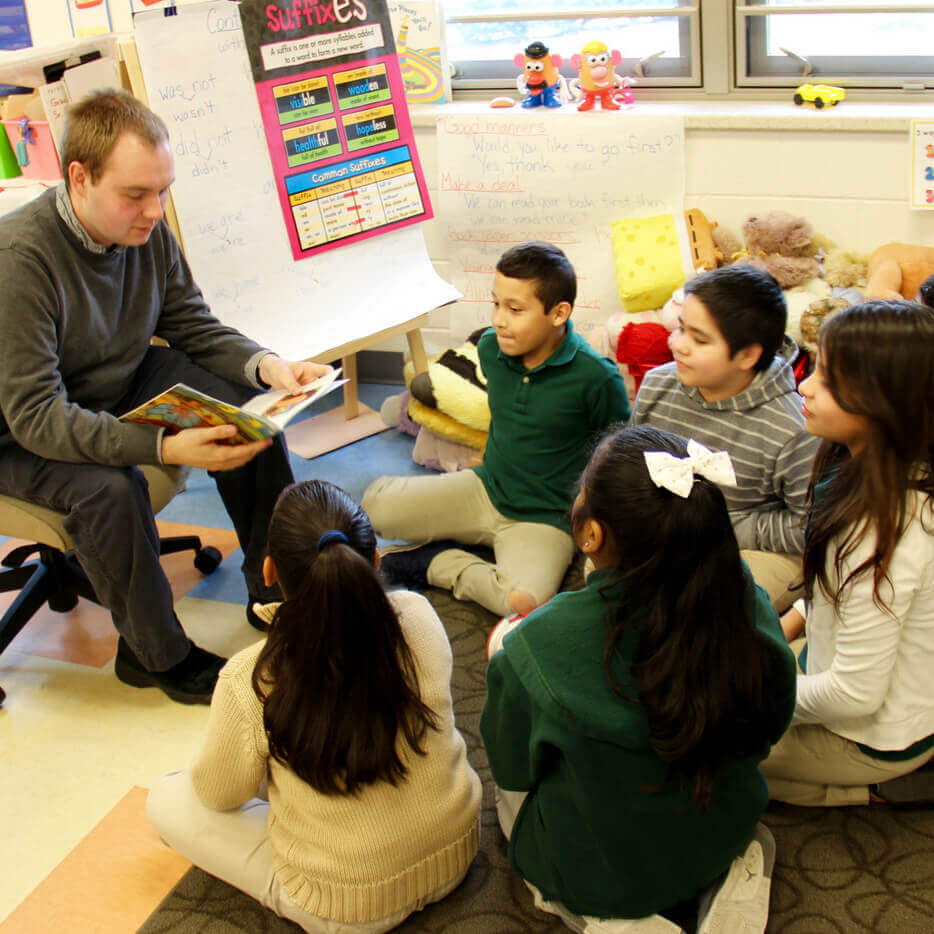
Increasing Opportunity
With the dramatic increase in enrollment of English language-learners in the United States, there is a great need for well-prepared ESL teachers! Our online endorsements and certificate programs are a valuable addition to a teacher’s knowledge-base and marketability.
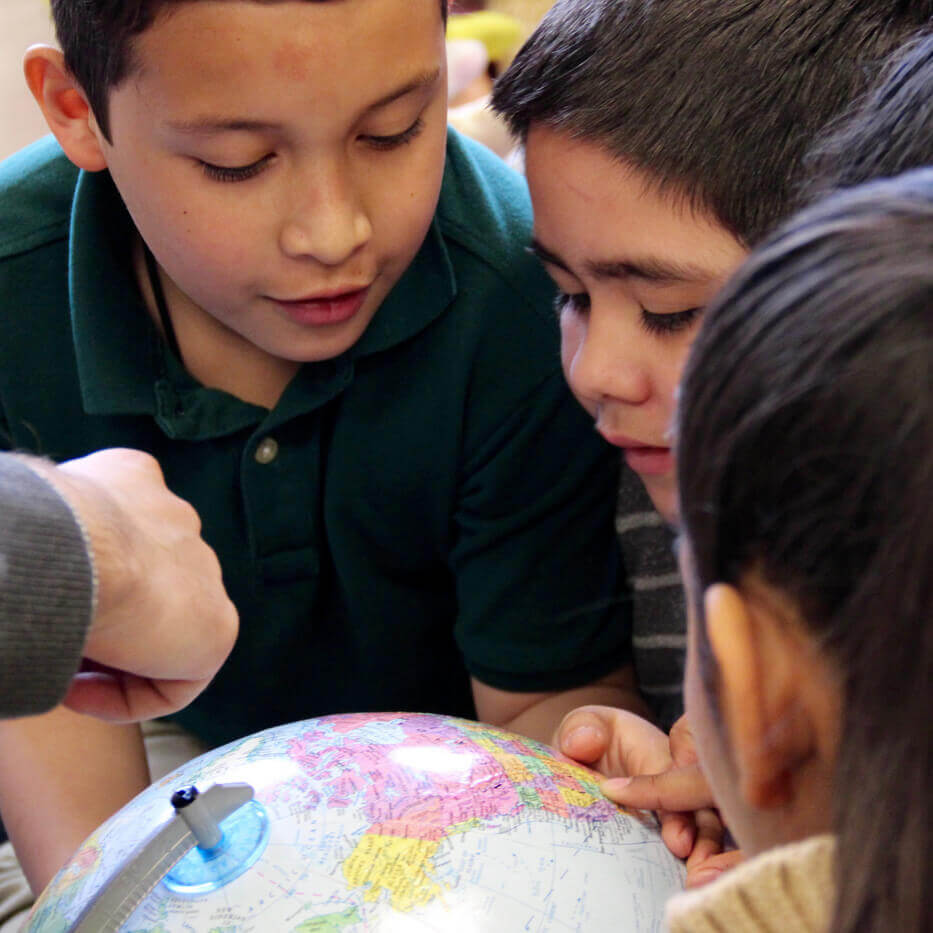

Monmouth University meets rigorous national standards for educator preparation set by the Council for the Accreditation of Educator Preparation.

